This blog was originally hosted at Empty Cages Design.org as part of a series on Overcoming Burnout from 2016-2017. It has now been turned into a book that is available at: https://solidarityapothecary.org/overcomingburnout/
Featured image by Laura Mathis.
Overcoming burnout for me has been about accepting the parts of myself that I have been fighting, repressing, and rejecting. It’s been about dismantling this idea of the indestructible Nicole Rose and recognising and owning my vulnerability. It is accepting that I am a total massive softie. And finally not seeing this as a weakness or a source of shame, but as a strength.
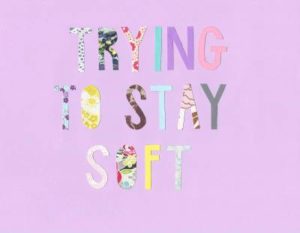
Image by Laura Mathis
Having so much love and support from my femme [1] friends during my months of chronic illness has made me fall in love with these mega-babes and how they are in the world. Whether it is cute messages and memes, little gifts in the post, or their time and energy giving emotional energy to listen and express care for me.
Being brought up just by my Mum, I have always known the massive strength that femmes have. My Mum’s clinical depression throughout my childhood, however (mostly due to my absent father, lack of support and financial stability), led me to believe that emotionality was a weakness. The constant tears felt like a loss of strength or an inability to cope. This meant for a long time I lived on shutdown. I didn’t want to express my feelings, for fear of loading or leaning on others ‘too much’. The macho culture around me, especially in the animal liberation movement, made me internalise this self-hatred or embarrassment for expressing fear, despair, sadness or sensitivity. I feared that expressing my true emotions would lead to rejection and a loss of support. I knew the exhaustion of being in this caring dynamic, and so I tried as much as possible to exist in a self-contained way without reaching out to others.
This self-containment led to a process of self-minimisation, repeating patterns of almost disappearing myself in supporting others: the relentless process of putting others before myself and failing to claim space and support for me. This is the story that femmes will know everywhere. It is how we are socialised in this messed up society. This awareness meant that I also actively tried to reject these gendered roles. It made me feel like somehow by doing all this support work for others I was betraying my feminist politics or capitulating to the carer role by default without challenging the dynamics in my relationships and collectives. (Oh how we punish ourselves for enacting patriarchy, and then not dismantling it ‘enough’).
So all this stuff was generative of a complex, messy internal struggle of simultaneously wanting to express care while somehow rejecting the socially constructed nature of it. It felt restimulating of the subjugation of myself into this role as a kind of ‘carer’ to my Mum growing up.
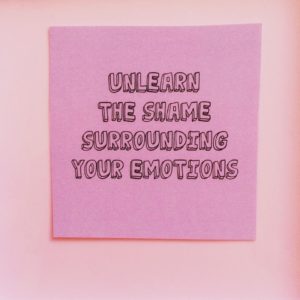
Image by Mars Pascual
I wanted to write this blog to untangle all this stuff. It was a hangout with my utterly fabulous friend Otter Lieffe (incredible transfeminist author, bodyworker, and organiser) when I finally started to see my femme nature as a source of pride. She shared with me how doing trauma support work in Palestine had helped her set boundaries in her caring labour. Through these boundaries came the structure she needed to do this work for the long-haul, and it gave her a vehicle to express her amazing femme-caring-magic nature. This femme-affirming friendship has strengthened me and allowed me to begin to unlearn the internalised distaste for my caring nature.
I started to see the power and visibility of these incredible healing femmes. I allowed myself to be cared for in a way that unfroze me and melted my hardness. This new world of love heart emojis, cute radical femme memes and expressions of love and care for the people around me felt so good. Finding my femmeness and reclaiming it changed the narrative of my life. I realised the prisoner support work I do is not a massive, heavy, thankless task, but a way to express my huge heart, love, and solidarity. I can own the fact that I do this work as caring labour, and this is a radical act.
Presenting as ‘hard’ has been an act of survival that has kept me safe and reinforced my boundaries. Of course, it will click into action when needed, but right now I am accepting my softness as a strength. I feel proud that I am a daughter of an emotionally-expressive, deeply caring human being. This fear of “turning into my mother”, that has psychologically haunted me since her nervous breakdown is finally transforming into a radical acceptance that emotionality is not a weakness. That expressing softness does not lead to a loss of power or strength and that I deserve as much love as I give to others and that my needs for love and support are not ‘too much’ but completely valid.
Developing a chronic illness reduced the energy I had to keep cementing my walls and repressing parts of myself. I know that people involved in liberation struggles deep down are all total utter softies with huge hearts and intense empathy for others. So let’s drop the macho bullshit and let’s express the love and care we feel for each other. And for my bad-ass femme friends and comrades, let yourselves open up to care and love from others and fuck feeling shame for being femme. I know that love and care and serious femme pride amongst my mates has been the secret ingredient to overcoming burnout. So be soft, express your feelings, love, and care for others and try your hardest to not let this cruel world harden you into not feeling or caring for others. Care is a radical act, and one of our biggest weapons.
Footnotes
1. I’m being deliberately vague in defining what femme means, because it’s a term defined by folk personally/individually, with different and unique meanings for all of us. ‘Feminine’ which has been a complicated term in the context of patriarchy – where its aspects and attributes are often culturally (mis)associated with female bodies in an essentialist way, has also been additionally kinda turned grim in new agey contexts and massively appropriated by capitalism and consumerism. It’s also spoken about in a binary way in ‘contrast’ to the culturally loaded definitions/understandings of what gets called ‘masculine’. Femme feels more radical, complex, fluid and bad-ass. I definitely don’t want people associating it with people’s genitals!
2. All pictures from the super-lush Femme Healing Collective: https://www.facebook.com/femmehealing

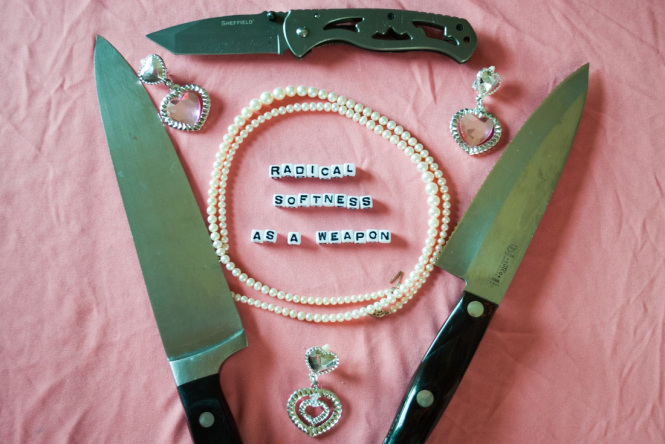
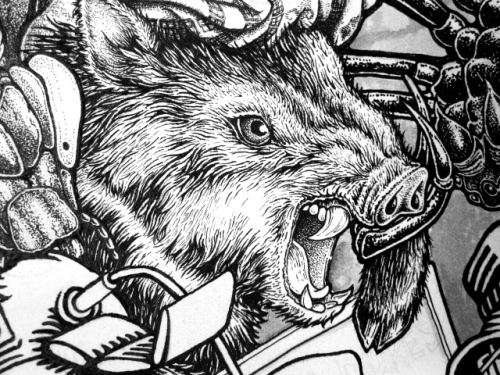
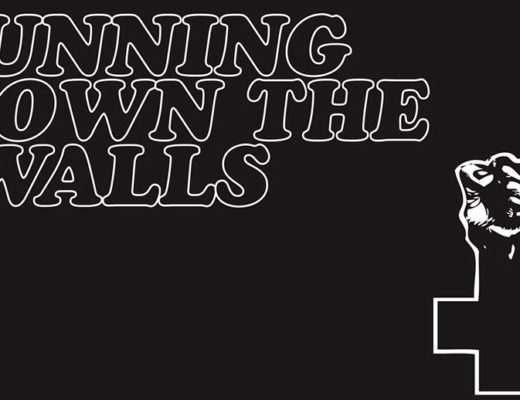
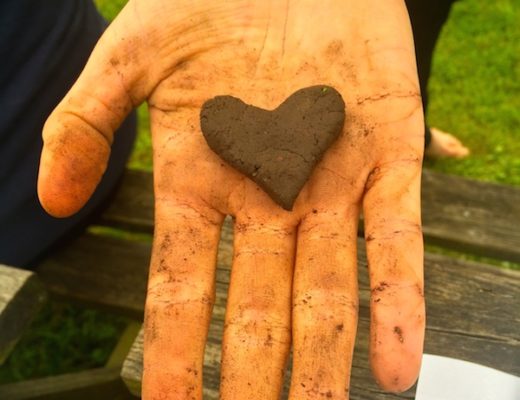
No Comments